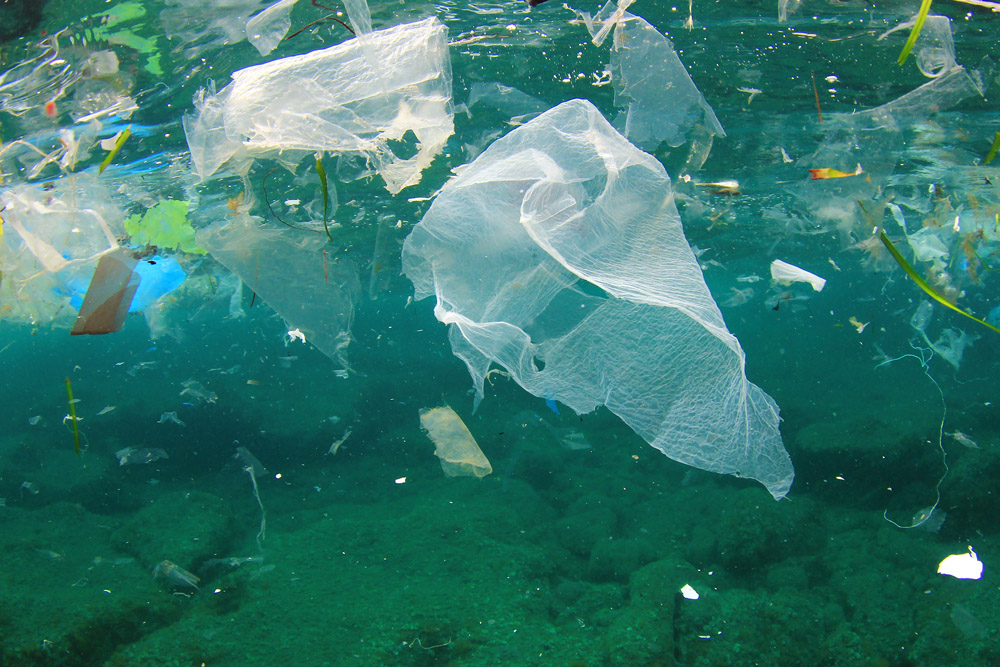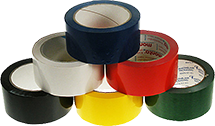Becoming more sustainable is one of the core goals of man businesses as more consumers become environmentally aware, and packaging is a great place to start. However, making the best sustainable packaging choices for your business can be challenging – there are so many options out there.
Plastics are often touted as one of the key pollutants of our seas and oceans – with up to 8 million tonnes ending up in marine environments each year(1). However, many businesses still have a need for it, so it makes sense that they may go in search of eco-friendly plastic alternatives. This is where things can become complex. Not all “green” plastics are as environmentally friendly as they seem…
Commonly, many companies will interchange the terms biodegradable, bioplastic and compostable when discussing packaging but this can be misleading. Confusion around these terms can then lead to misconceptions about the disposal of so-called biodegradable materials. So, what’s the difference?
Bio-based, Biodegradable or Both?
Bio-based plastic refers to material that is made from renewable organic matter (such as starch or sugar derivatives) rather than (non-renewable) petroleum/fossil fuel based matter.
When something is biodegradable it means that it can be broken down naturally by microorganisms (such as bacteria and fungi) under certain conditions (e.g. temperature, humidity etc). However, the term is quite vague and doesn’t stipulate the length of time it takes something to decompose.
Both bio-based plastics and traditional plastics can biodegrade, depending on their composition(2). Due to the requirement for specific conditions, decomposition may not always occur. Plus, when these materials do breakdown, they can emit harmful greenhouse gasses as a by-product.
You’ll also find many companies refer to oxo-degradable plastics as biodegradable, which is another misconception. This kind of plastic is just conventional plastic mixed with an additive that imitates biodegradation. This process results in micro-plastic fragments entering our waste streams and oceans. In fact, they are considered so detrimental to the environment, over 40 companies in the UK (including Tesco, Waitrose, Aldi and Co-Op) called on the Government to instigate a blanket ban on oxo-degradable plastics(3).
Does biodegradable mean compostable too?
In short, no. All compostable plastics are biodegradable, but not all biodegradable plastics would be considered compostable.
Compostable products must be made from natural materials that breakdown without producing any toxic residue. To be classed as compostable, packaging must meet stringent standards outlined by EU standard EN 13432. Products that meet these standards are considered compostable in an industrial facility, and in most cases, won’t be suitable for home composting, unless they have gained the relevant certification(4).
Make an informed choice when it comes to packaging and sustainability
It’s important to make an informed choice when weighing up your packaging and sustainability options. Especially, if you’re considering any kind of plastics labelled biodegradable or compostable. For help from our packaging experts, email contact@networkpack.co.uk to book a virtual appointment.
Sources











